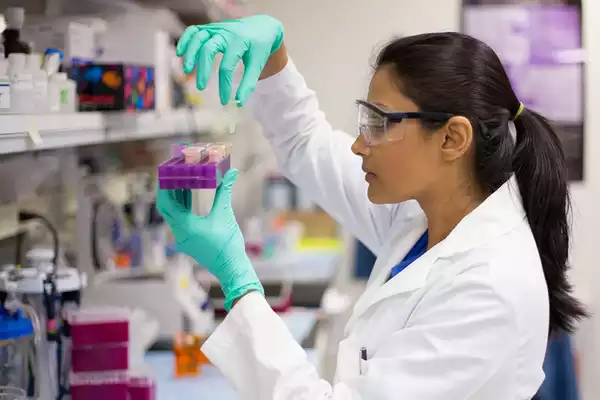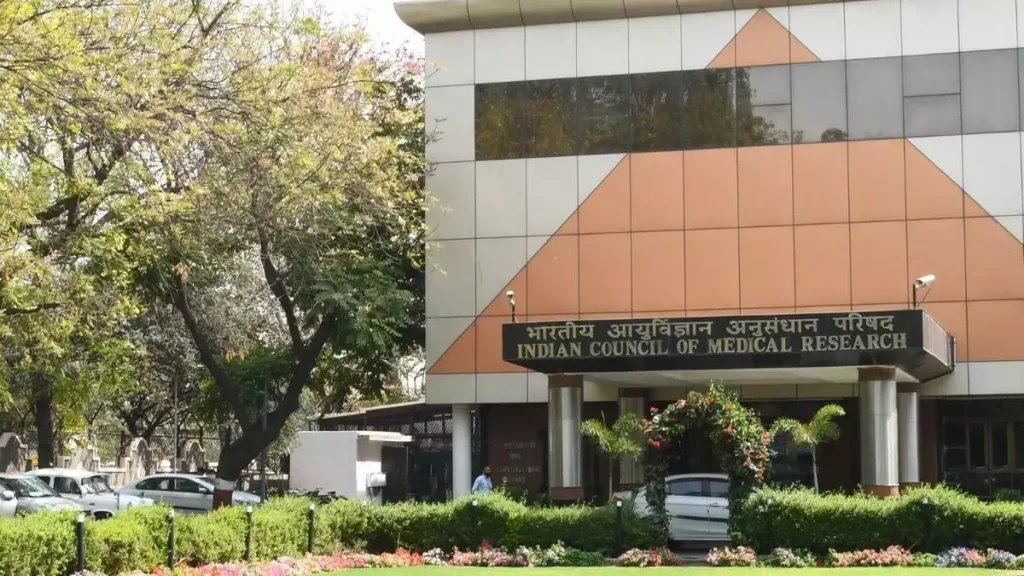The Indian Council of Medical Research (ICMR) recently initiated the process of revising the current National Essential Diagnostics List (NEDL) released in 2019.
About National Essential Diagnostics List (NEDL):
- The NEDL lists the essential and most basic tests that should be available at various levels of healthcare facilities in the country.
- This includes at the village level, in sub-health centres, health and wellness centres, and primary health centres (PHCs).
- Essential diagnostic tests shall meet population healthcare needs, selected based on disease prevalence, public health relevance, efficacy, accuracy, and cost-effectiveness.
- In 2018, the World Health Organisation (WHO) had recommended the development and implementation of an NEDL.
- This is to facilitate the availability of in-vitro diagnostics across the various tiers of the healthcare pyramid, in facilities with or without an onsite laboratory.
- ICMR then released India’s first NEDL in 2019 to make the availability of diagnostics an essential component of the healthcare system.
Revised National Essential Diagnostics List (NEDL):
- ICMR asked stakeholders to consider factors such as essentiality of test, diseases burden, and the alignment with public health standards before proposal.
- It should have a documented use and necessity at suggested level, and align with availability of equipment, infrastructure, manpower, and state programs.
- This shall be in line with the Indian Public Health Standards (IPHS), 2022.
- IPHS are a set of standards that provide benchmarks for the quality of health services.
- The standards cover infrastructure, human resources, drugs, diagnostics, equipment, quality, and governance requirements.
About Indian Council of Medical Research (ICMR):
- The ICMR, New Delhi, the apex body in India for the formulation, coordination and promotion of biomedical research.
- It was formed in 1911 and is one of the oldest medical research bodies in the world.
- It aligns research with national health priorities, focusing on communicable diseases, maternal/child health, nutrition, and non-communicable diseases.
- Structure:
- Governing Body– presided over by the Union Health Minister.
- Scientific Advisory Board– It assists in scientific and technical matters through eminent experts in different biomedical disciplines.
- The Board is assisted by Scientific Advisory Groups, Expert Groups, Task Forces, Steering Committees etc. which evaluate and monitor research activities.
Ref: Source
| UPSC IAS Preparation Resources | |
| Current Affairs Analysis | Topperspedia |
| GS Shots | Simply Explained |
| Daily Flash Cards | Daily Quiz |



